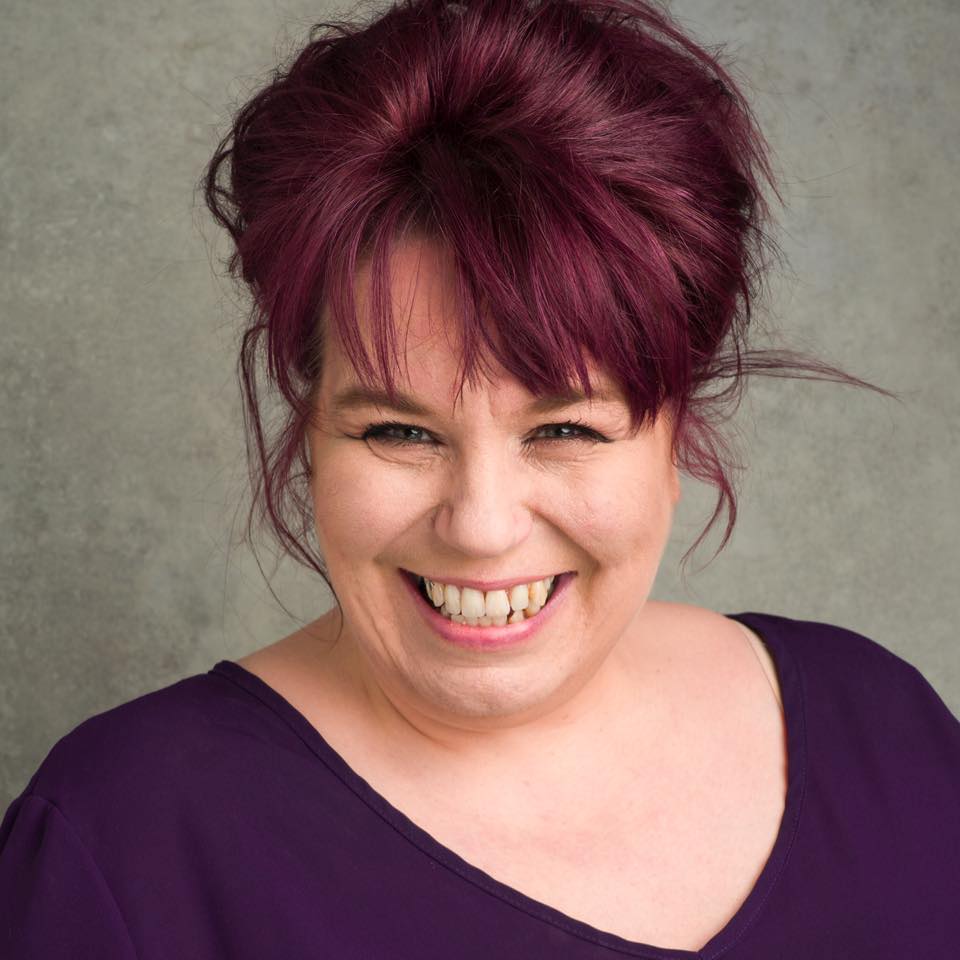Mary Somerville
Description
Vocal Characteristics
Language
EnglishVoice Age
Middle Aged (35-54)Accents
Scottish (General)Transcript
Note: Transcripts are generated using speech recognition software and may contain errors.
Mary Somerville was born. Mary Fairfax, injured brah on Boxing Day, 17 80. Growing up in Burnt Island on the five coast, the young Mary was fascinated by learning, crawling the local beaches for shells and stones and spending the Drake days reading as many books as she could. But Somerville's family disapproved of her intellectual pursuits. They wanted her to be ladylike, behaving just how a daughter in a well connected family should. Somerville impressed so much at social events that she became known as the roles of Debra, but she firmly believed that women could be more than that. Somerville took every opportunity to expand her knowledge in languages, science, astronomy, music, maths and more. After the death of her first husband in 18 oh four, she had the freedom and the finances to devote herself to academic pursuits and bought herself a library full of scientific books. Encouraged by her second husband, she worked alongside and tutored some of the most eminent academics of the day and became famous as a published academic. In 18 29 David Brewster, the inventor of the kaleidoscope, described her as certainly the most extraordinary women in Europe. In 18 34 Summerville made a mathematical prediction that there was a planet orbiting beyond Uranus. Thanks to her calculations, Neptune was discovered in 18 46. Somerville's impact in her chosen field was so big that a new gender neutral term was needed to describe her. In 18 34 philosopher William Huell coined the term scientist making Somerville, Scotland's and the World very first scientist. The Somerville's eventually settled in Italy. From there, Mary continued to write and debate and never let go of her principles. At 91 she was the first to sign John Stuart Mill's unsuccessful petition for female suffrage, and she never took sugar in her tea in protest of the transatlantic slave trade. A lunar crater, an asteroid, a ship, a college at Oxford University and a Canadian island are all named after Somerville. Plus since 2017, you'll find her on Royal Bank of Scotland £10 notes. So next time you're counting your cash, be sure to keep an eye out for her first ever scientist
